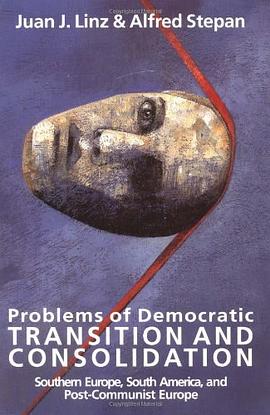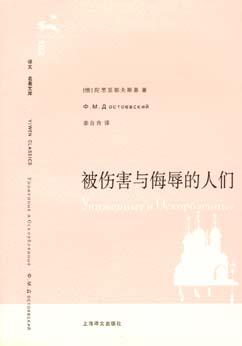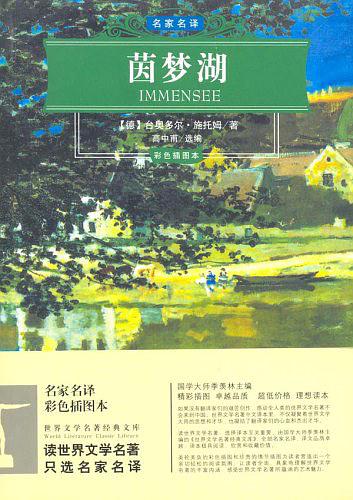Problems of Democratic Transition and Consolidation
内容简介
Since their classic volume The Breakdown of Democratic Regimes was published in 1978, Juan J. Linz and Alfred Stepan have increasingly focused on the questions of how, in the modern world, nondemocratic regimes can be eroded and democratic regimes crafted. In Problems of Democratic Transition and Consolidation, they break new ground in numerous areas. They reconceptualize the major types of modern nondemocratic regimes and point out for each type the available paths to democratic transition and the tasks of democratic consolidation. They argue that, although "nation-state" and "democracy" often have conflicting logics, multiple and complementary political identities are feasible under a common roof of state-guaranteed rights. They also illustrate how, without an effective state, there can be neither effective citizenship nor successful privatization. Further, they provide criteria and evidence for politicians and scholars alike to distinguish between democratic consolidation and pseudo-democratization, and they present conceptually driven survey data for the fourteen countries studied.
Problems of Democratic Transition and Consolidation contains the first systematic comparative analysis of the process of democratic consolidation in southern Europe and the southern cone of South America, and it is the first book to ground post-Communist Europe within the literature of comparative politics and democratic theory.
......(更多)
作者简介
Juan José Linz (24 December 1926 – 1 October 2013) was a Spanish sociologist and political scientist. He was Sterling Professor Emeritus of Political Science at Yale University and an honorary member of the Scientific Council at the Juan March Institute. He is best known for his theories on totalitarian and authoritarian systems of government.
Linz was born in Bonn, Germany. In addition to his work on systems of government, he did extensive research on the breakdowns of democracy and the transition back to a democratic regime. He is the author of many works on the subject, including Problems of Democratic Transition and Consolidation: Southern Europe, South America, and Post-Communist Europe (Johns Hopkins University Press, 1996, co-authored with Alfred Stepan), his seminal work Totalitarian and Authoritarian Regimes (Rienner, 2000) and his influential essay 'The Perils of Presidentialism'.
Alfred Stepan is Wallace Sayre Professor of Government, the founding Director of the Center for the Study of Democracy, Toleration, and Religion (CDTR), and the Co-Director of the Institute for Religion, Culture, and Public Life (IRCPL). In 2012 he was the recipient of the Karl Deutsch Award of the International Political Science Association. The last three recipients of this award were Juan J. Linz (2003), Charles Tilly (2006), and Giovanni Sartori (2009).
Previously, Stepan was the founding Rector and President of Central European University in Budapest, Prague, and Warsaw, the former Director of the Concilium on International and Area Studies at Yale University, and Dean of the School of International Affairs at Columbia University. Stepan was also Gladstone Professor of Government at the University of Oxford and a Fellow Of All Souls College, Oxford.
Stepan's teaching and research interests include comparative politics, theories of democratic transitions, federalism, and the world's religious systems and democracy. In recent years, Stepan has conducted field research in Indonesia, Sri Lanka, Burma, Egypt, Tunisia, India, Brazil, Israel, and Palestine, among other countries. Stepan’s publications in the last three years include Crafting State Nations: India and Other Multinational Democracies, with Juan J. Linz and Yogendra Yadav; “Comparative Perspectives on Inequality and the Quality of Democracy in the United States” with Juan J. Linz in Perspectives on Politics (December 2011); “Tunisia’s Transition and the Twin Tolerations” in Journal of Democracy (April 2012); ““Rituals of Respect: Sufis and Secularists in Senegal in Comparative Perspective” in Comparative Politics (July 2012) “ Democratization Theory and the ‘Arab Spring’”, Journal of Democracy ( April 2013), (with Linz), “Democratic Parliamentary Monarchies, ” Journal of Democracy ( April 2014), ( with Linz and Minoves),and the co-editorship of Democracy& Islam in Indonesia (with Mirjam Künkler), Boundaries of Toleration ( with Charles Taylor), and Democracy, Islam and Secularism: Turkey in Comparative Perspective ( with Ahmet Kuru).
Some of his other books include Arguing Comparative Politics (Oxford 2001);Problems of Democratic Transition and Consolidation: Southern Europe, South America, and Post-Communist Europe, with J. J. Linz (Johns Hopkins 1996);Rethinking Military Politics: Brazil and the Southern Cone (Princeton 1988); The Breakdown of Democratic Regimes, edited with Juan J. Linz (Johns Hopkins 1978); The State and Society: Peru in Comparative Perspective(Princeton 1978); and The Military in Politics: Changing Patterns in Brazil(Princeton 1971).
......(更多)
目录
......(更多)
读书文摘
民主转型完成的标志是,只有通过选举的政治程序才能产生政府成为广泛共识,政府权力的获得则是自由和普遍选举的直接结果,并且这一政府事实上拥有制定新的政策的权力,而行政权、立法权和司法权来源于新的民主程序,不必与其他法律主体分享权力。
……都存在一个共识……即承认在民主体制下,权利的结果必须是偶然的,而且不能被一个历史决定确保或者固定,政治反对派必须有合法存在的权利,党内民主无论多么重要,都永远不可能替代核心权力的多党选举,而且无论何种程度的社会多远注意都不可能替代政治多元主义。
......(更多)






